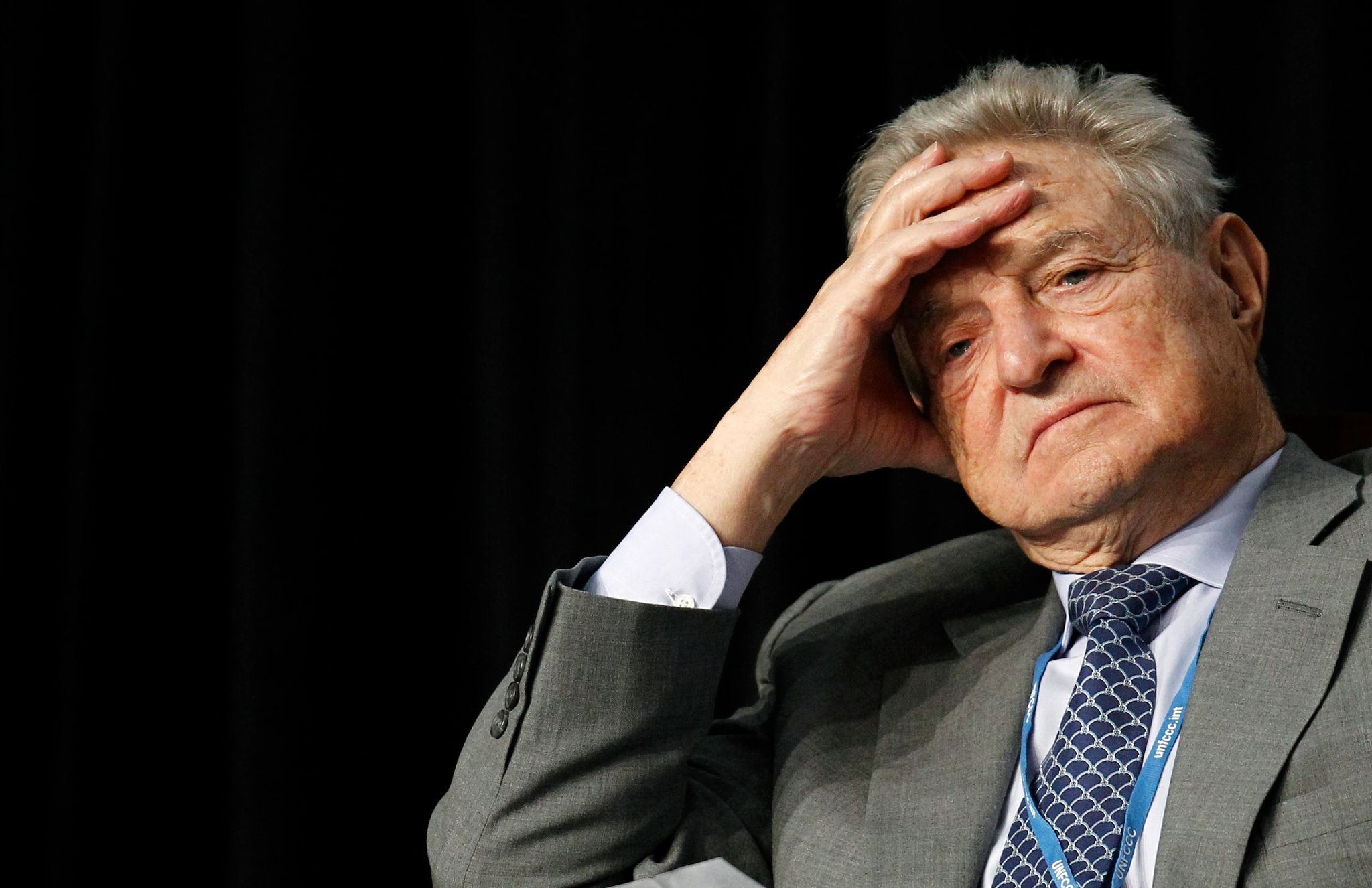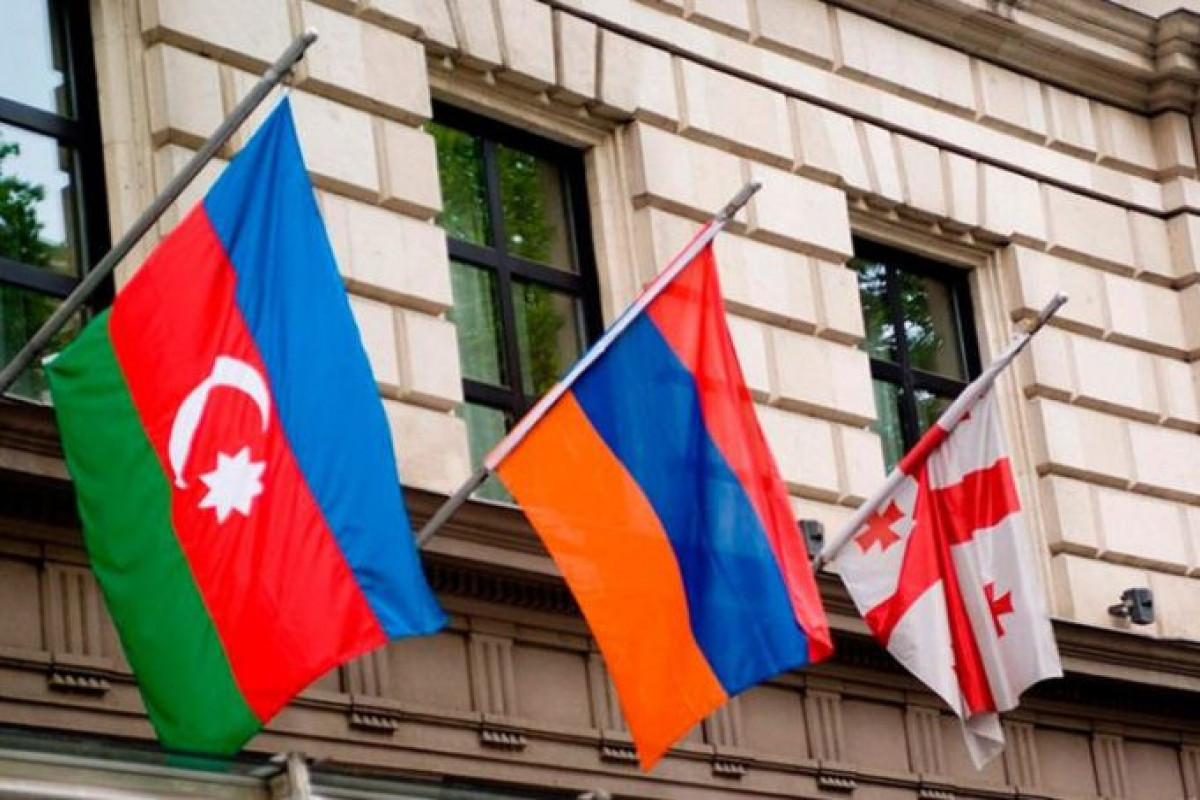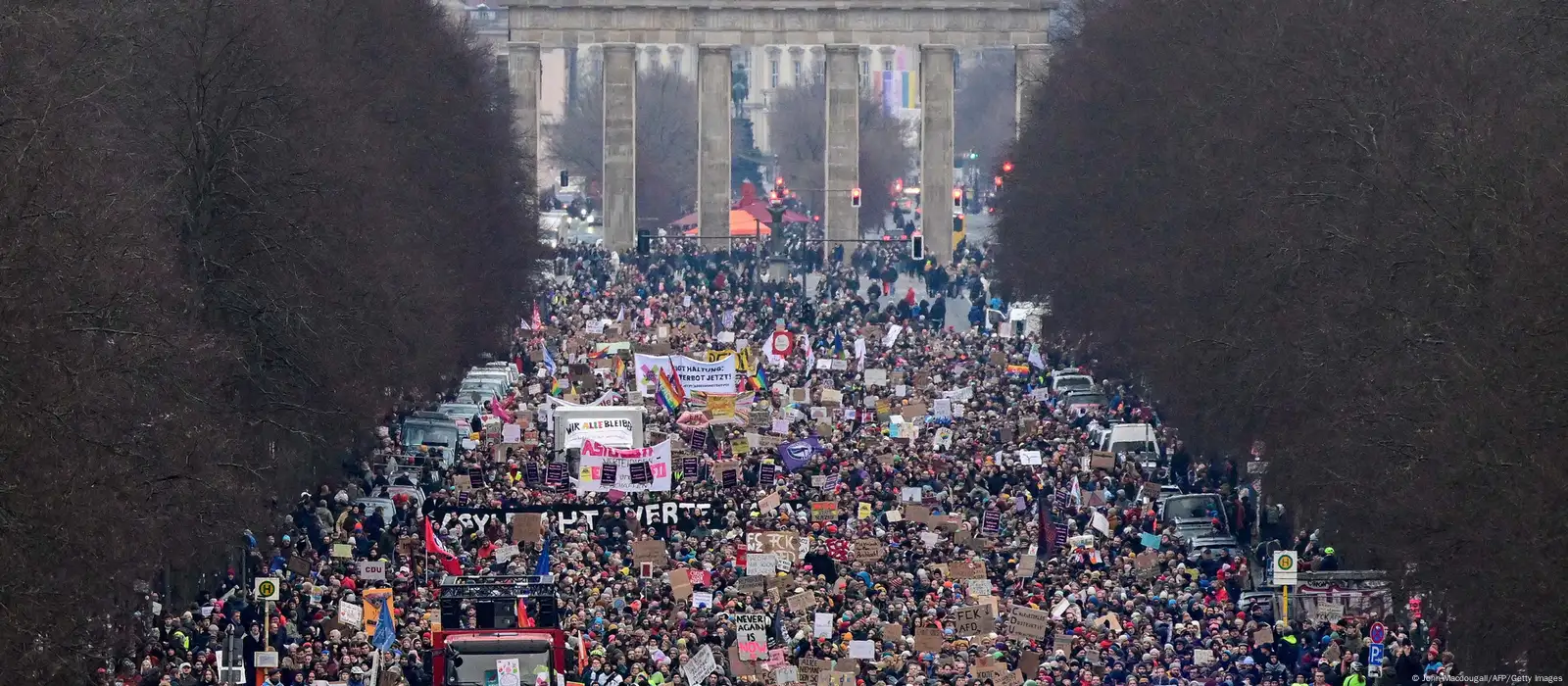
Occasionally, there are events that a journalist cannot afford to miss. One such event was a security conference invitation to Azerbaijan in April, including an exclusive visit to the recaptured area of Karabakh, and a Q&A session with the country’s president, Ilham Aliyev. A distinguished gathering for which President Aliyev took his time: “We did not take revenge on Armenia, only on the battlefield.”
By Arthur Blok
Participants included former ambassadors, ministers, professors, and a handful of journalists. The Q&A with President Aliyev was the climax of a security conference organised by the Baku-based ADA University (the country’s leading university) and the AIR Centre, the capital’s most prominent International Relations think tank.
Baku does not take half measures when organising an event, and The Liberum already experienced this first-hand. Over 100 invitees from around the world were invited to board a private flight to and a tour of the liberated Karabakh region. Part of the conference took place at the newly built campus of Karabakh University in formerly occupied Khankendi, which works closely with the co-host ADA.
The audience was treated to various interactive panel discussions and contributions. ADA-rector Hafiz Pashayev kicked off the conference. The veteran statesman and former ambassador elaborated on the institute's history and presented some anecdotes from his long career representing his country.
The representative of the President of the Republic in Karabakh, Elmin Huseynov, presented the audience with an interesting presentation on the rebuilding of Karabakh. The reconstruction is being done with sustainability in mind.
Since Azerbaijan took back control of the region, many sustainable, infrastructural and civilian infrastructure projects have been delivered. Companies are being offered tax advantages to establish themselves in the reconquered land, while native civilians slowly return to their newly built homes.
An impressive job indeed.
When the Azerbaijani Armed Forces took back the territory in 2020, no harm was done to important Armenian cultural and historical objects. Not something the Armenians could say, who deliberately destroyed everything they could get their hands on in their brutal military campaign that ended in 1992. Azerbaijani residents were kicked out of their homes, leaving everything behind, while mosques and cemeteries were systematically destroyed.
The Azerbaijani cultural heritage suffered severe blows under the Armenian occupation. Yerevan implemented a modus operandi of blind hate and destruction. A practice which was also implemented in Western Azerbaijan (areas where the Azeris were kicked out, in modern-day Armenia). One could safely argue that.
It is safe to argue that Armenia is the most successful ethnic cleanser in the greater European area since the end of the Cold War. During the occupation of Karabakh, there were zero Azerbaijanis left, just like in modern-day Armenia, where Azerbaijanis were forced to leave.
Despite numerous other questions about Azerbaijan’s regional ambitions and accomplishments at COP29 (where Aliyev changed the geopolitical climate), the future relationship with Armenia remained the elephant in the room. Aliyev was well prepared for that; all questions were answered without hesitation and kindness.
President Aliyev indirectly returned to the destruction caused during the Armenian occupation. He emphasised that even if the recently finalised draft peace agreement is signed, both countries will not ‘directly be friends’, it is just ‘unrealistic’. “An exchange of expertise is possible. Small steps at the time to reduce mistrust on both sides are”, he emphasised.
The peace negotiations between Armenia and Azerbaijan have progressed much since Baku took back control over Karabakh in 2020. The Liberum reported earlier that all progress was made possible through bilateral context and negotiations.
Instead of continuing this path, Armenia insists on inviting more parties to the negotiation table, mainly its big brother, France and the Minsk Group (a mediating body established in 1992 by the OSCE to facilitate a peaceful resolution of the Karabakh occupation).
This tactic remains a thorn in Baku's eye. Until today, it remains unclear when Yerevan will change its constitution and remove the territorial claim on Karabakh. A notion in the constitution that hangs as a sword of Damocles above the negotiations.
Aliyev: “Armenia got bad advice from their foreign friends, France. This continues up until today as if there was no 30-year occupation of our lands. No one can pressure us.”
Aliyev hit the nail on the head by saying that. Why would he accept to be pressured by anyone? It was not Azerbaijan that occupied Armenian lands, nor did it seek revenge. It respected the rules of the war. Which party of any recent war can claim the same?
It goes so far that some Armenian elders who stayed behind in Karabakh are receiving medical treatment at their doorstep from Azerbaijani medics. Not one European mainstream media outlet ever reported on that.
France, pressured by its large Armenian diaspora, is at the forefront when it comes to false accusations towards Baku. The latter is accused by France of destroying Armenian cultural heritage, aggression against Karabakh and Armenia, and arbitrary arrests.
Aliyev: “We could have continued our military campaign, but we did not. This was not our intention, and will never be our intention. We restored our territorial integrity, which is legal under international law. For us, the issue is settled.”
He also raised another essential point: Azerbaijan is ready for any future provocation, or if the grapes may turn sour in the bilateral relations between the nations. The build-up and further strengthening of the Azerbaijani Army is an ongoing process that has only just begun. It is only fair considering recent Armenian security breaches in the border area, where it remains uncertain if the Armenian army is in complete control.
Aliyev also made it clear that, at least, he understands how the game of international relations is played, a concept the Armenian side seems to have been struggling with for years. Aliyev: “We came to the border of our territory, and we stopped the war. We remained human. That is how a war ends. It is time to dissolve the Minsk Group and accept the new status quo.”
Despite the finalisation of a draft peace treaty between Azerbaijan and Armenia on 13 March 2025, the formal conclusion of hostilities remains elusive. Entitled the "Agreement on Peace and Interstate Normalisation", the text has garnered broad international support and is a more than fair deal for both parties.
It is time for Armenia’s prime minister, Nikol Pashinyan, to stop hiding behind friends who demand a seat at the negotiation table. As concluded earlier, almost all progress came from bilateral meetings.
To say it bluntly: Pashinyan, be a man, take your loss. Stop playing the victim with your European friends and expect them to help you. Take the necessary steps, Baku demands, because your friends will not help.
Azerbaijan’s two preconditions for the signing are simple to implement and fair. First, the constitution must be amended to exclude claims to Azerbaijani and Turkish territory. Second, join Azerbaijan’s call to close down the Minsk Group formally. It’s useless.
Do what is in Armenia’s interest. The Azerbaijanis never wanted war; you brought it to their doorstep. Baku only wanted to take back the land that was rightfully theirs. Any country that respects itself and its integrity would have done the same.
A drafted peace agreement is on the table; so, do what you must: change the constitution and get your act together. You may lose the popular vote, but history will be the judge. You will be the man who had the balls to do it, and your name will live on for generations to come.
In Western Europe, we have the saying ‘a good neighbour is better than a distant friend’. A wise reasoning derived from the Bible, which is applicable here. Despite all the atrocities Armenia committed in recent history, the Azerbaijanis are not resentful and ready to normalise relations, even when it comes to working together on infrastructural development.
A momentum not to be missed.
As President Aliyev said, it is impossible to be friends directly, but normalising relations is on the table. Such a pragmatic approach is the only way to close the chapter of violence and look to the future. Take the necessary steps, sign the deal, and be good neighbours. It is always better than a faraway friend who is influenced by a diaspora that emotionally still lives in the past.
It is a win-win for both Armenia and Azerbaijan.







This is a well wordsmithed exposé of a truly complicated topic.
Thank you for sharing your grasp of this thorny issue, Sir.